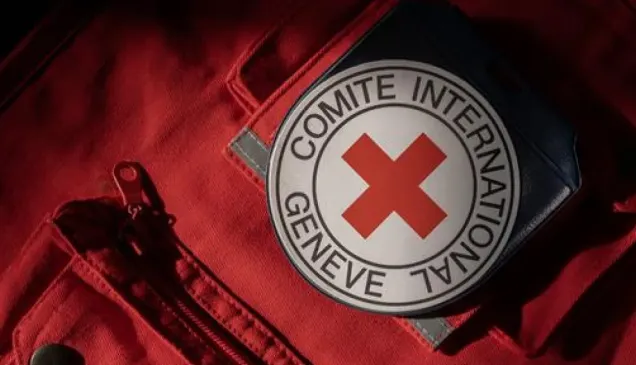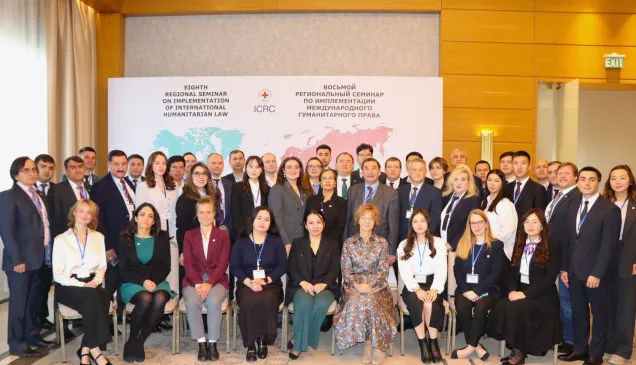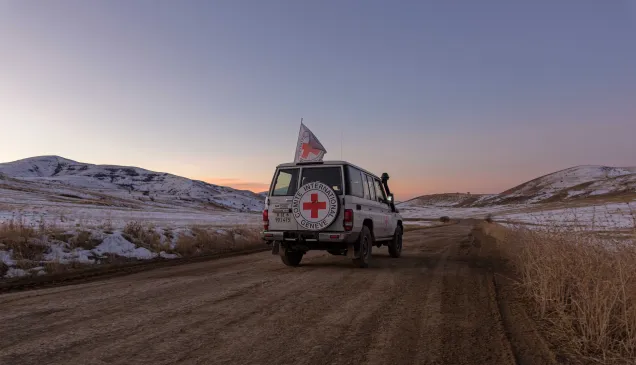Azerbaijan: Closure after 31 years of waiting, family received remains of missing loved one
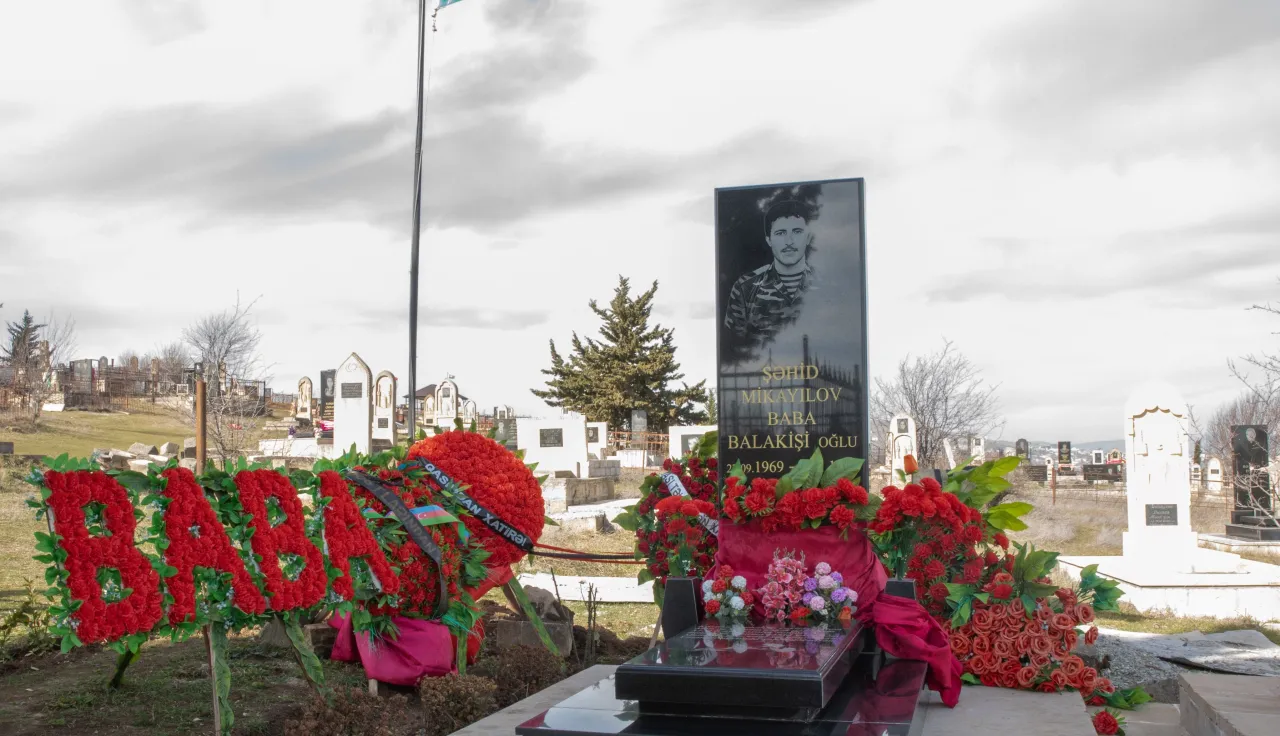
The Mikayilov family in Azerbaijan waited over 30 years to hear news of their missing loved one, Baba Mikayilov, who went missing in 1992 during the Karabakh war. One of nine children, Baba had volunteered to fight on the front line at the age of 22 and never returned. Recently, his remains were identified and handed over to his family through the persistent efforts of the State Commission on Prisoners of War, Hostages and Missing Persons of Azerbaijan Republic (State Commission) with the technical support of the International Committee of the Red Cross (ICRC).
Handing over the remains of a missing person is the last crucial step of a complex process that involves collection of information on the missing person, search, recovery and forensic analysis of human remains. This culminates in the reconciliation of all available information leading to either a positive identification, exclusion, or inconclusive result. The identification and handing over of Baba's mortal remains bears witness to the commitment of the local authorities and the ICRC and the resilience of his family.
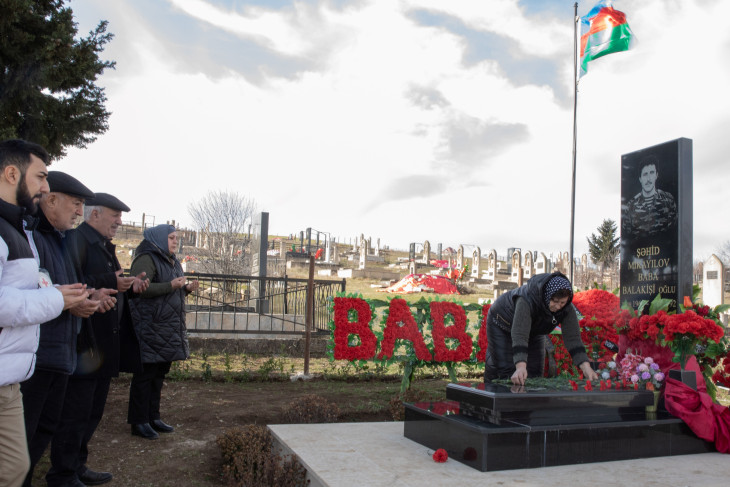 © Aida Aliyeva/ICRC
© Aida Aliyeva/ICRC
His sisters Senaye and Esnaya share their story of 31 years of nightmares, tears, and never-ending hope of Baba's return. "For nine years, our mother left our door unlocked in the hope that her missing son would return at any moment.
 © Aida Aliyeva/ICRC
© Aida Aliyeva/ICRC
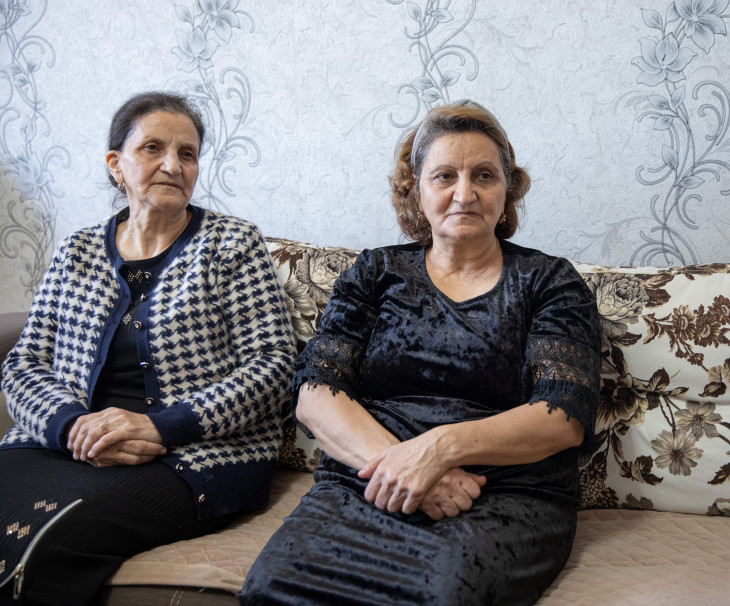 © Aida Aliyeva/ICRC
© Aida Aliyeva/ICRC
Even after three decades of not hearing any news about Baba, she did not give up hope. Our family spent the last 30 years without any celebrations as our tears never dried," says Senaye. She shares that they contacted the ICRC a tracing request. "In 2014, the ICRC staff came and took DNA samples. Since then we kept looking for results," says Senaye.
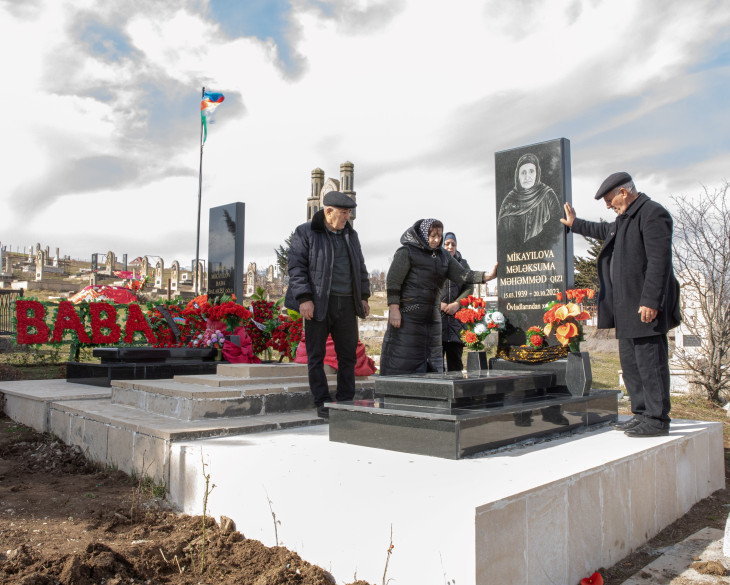 © Aida Aliyeva/ICRC
© Aida Aliyeva/ICRC
While they waited for news, Baba's mother used her pension money to build a road in her village dedicated to her missing son and her hope that he would return home one day. "Our mother was heartbroken when we got news of Baba's remains being found," says Esnaya. The family's only consolation was that the ambiguity around his disappearance had been resolved and they could give him a proper burial, to grieve and pray for him. "At the funeral organized for Baba, our mother told everyone not to cry but instead to congratulate her for the resolution. We were relieved that we also had a specific place where we could visit Baba when we wish to. Unfortunately, just 20 days after Baba's burial, our mother passed away too," says Esnaya.
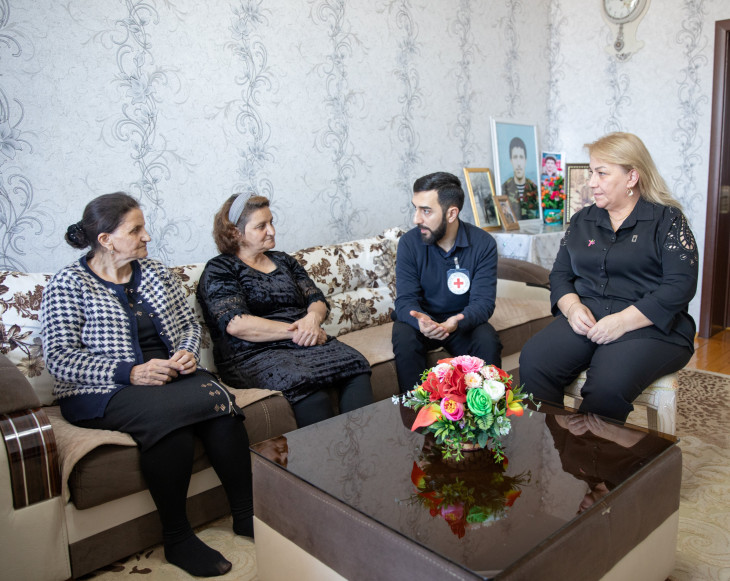 © Aida Aliyeva/ICRC
© Aida Aliyeva/ICRC
For three decades, the ICRC has actively assisted Azerbaijani authorities in clarifying the fate of missing people. Our support includes capacity-building, offering our expertise and providing technical and material assistance to the local authorities. The Azerbaijani authorities have achieved a milestone with the first multiagency, multidisciplinary approach to the search for, recovery, and identification of people missing since the 1990s, a joint initiative by the State Commission and the ICRC. These efforts led to the first identifications in 30 years with 25 remains handed over to their families to date, bringing a sense of closure to years of agony and uncertainty, with more expected in the near future.
The ICRC, through its Central Tracing Agency (CTA), plays a vital role in coordinating global efforts to protect and restore family links, search for and identify missing people and address the needs of their families. Regardless of the time passed, families have the right to know what happened to their loved ones.

